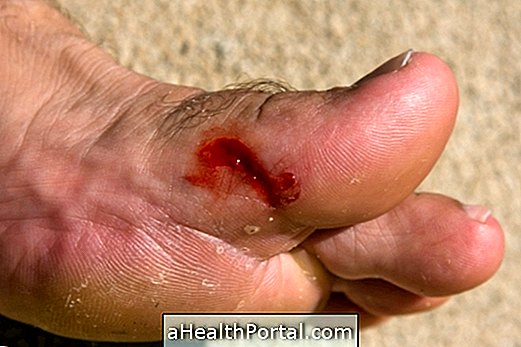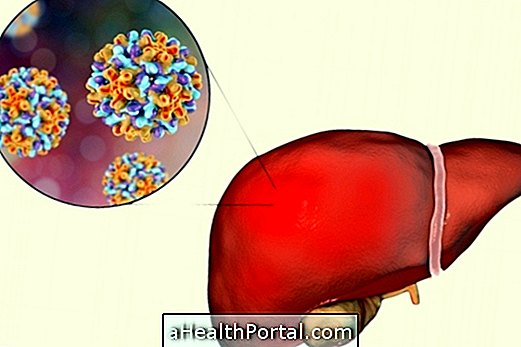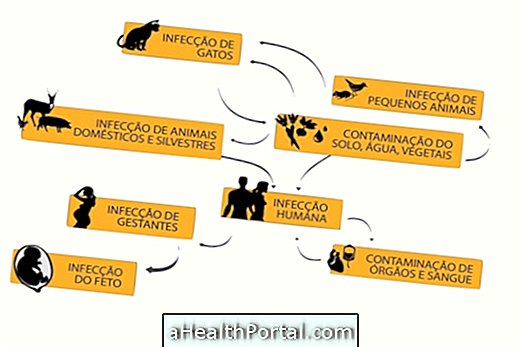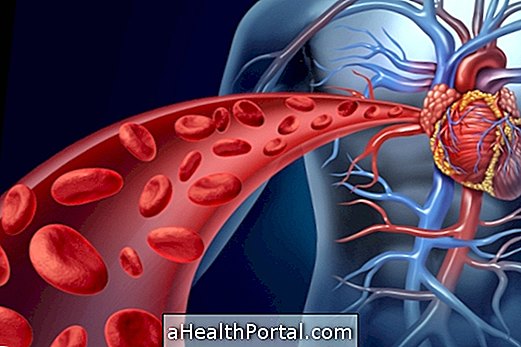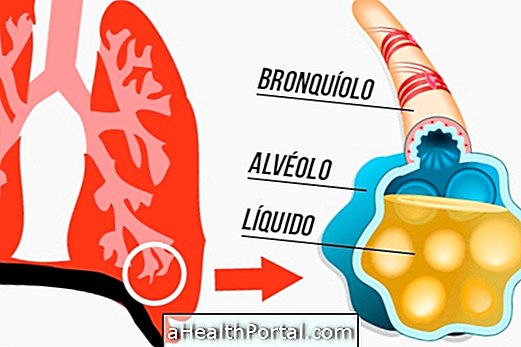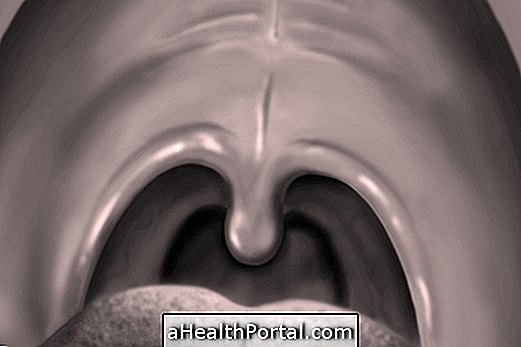Childhood paralysis, also known scientifically as poliomyelitis, is a serious infectious disease that can cause permanent paralysis in certain muscles and usually affects children but may also occur in the elderly and adults with weakened immune systems.
Since childhood paralysis has no cure if it affects the muscles, it is advisable to prevent the disease, which consists of taking the polio vaccine, which can be administered from 6 weeks of age, divided into 5 doses. See how the vaccination that protects against the disease is done.
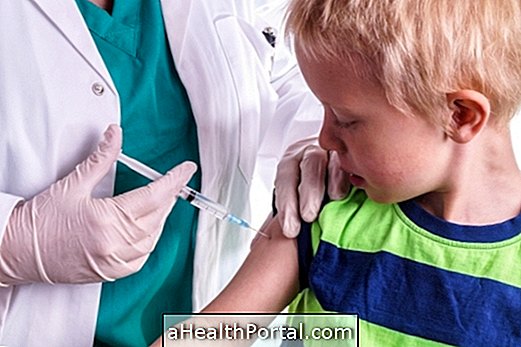
Main symptoms
Early symptoms of polio usually include sore throat, excessive tiredness, headache and fever, and can therefore easily be confused with the flu.
These symptoms usually disappear after 5 days without specific treatment, however, in some children and adults with weakened immune systems, the infection can develop for complications such as meningitis and paralysis, generating symptoms such as:
- Severe back, neck and muscle pain;
- Paralysis of one of the legs, one of the arms, of the thoracic or abdominal muscles;
- Difficulty urinating.
Although it is more rare, there may still be difficulty speaking and swallowing, which may cause respiratory failure due to the accumulation of secretions in the respiratory tract.
See what treatment options are available for polio.
What Causes Childhood Paralysis
The cause of childhood paralysis is contamination with poliovirus, which can occur through oral-fecal contact, when it has not been properly vaccinated against poliomyelitis.
Possible sequels of childhood paralysis
The sequelae of childhood paralysis are related to the involvement of the nervous system and, therefore, may arise:
- Permanent paralysis of one of the legs;
- Paralysis of the muscles of speech and swallowing, which can lead to the accumulation of secretions in the mouth and throat.
People who have suffered from childhood paralysis for more than 30 years may also develop post-polio syndrome, which produces symptoms such as weakness, shortness of breath, difficulty swallowing, fatigue and muscle pain, even in non-paralyzed muscles. In this case, physical therapy performed with muscle stretching and breathing exercises can help control the symptoms of the disease.
Learn more about the major sequelae of childhood paralysis.
How To Prevent Childhood Paralysis
The best way to prevent childhood paralysis is to take the polio vaccine:
- Infants and children : the vaccine is made in 5 doses. Three are given at intervals of two months (2, 4 and 6 months of age) and the booster done at 15 months and 4 years of age.
- Adults : 3 doses of vaccine are recommended, the second dose should be given after 1 or 2 months of the first and the third dose should be given after 6 to 12 months after the second dose.
Adults who have not taken the vaccine in childhood can get vaccinated at any age, but especially when traveling to countries with high numbers of polio cases.

